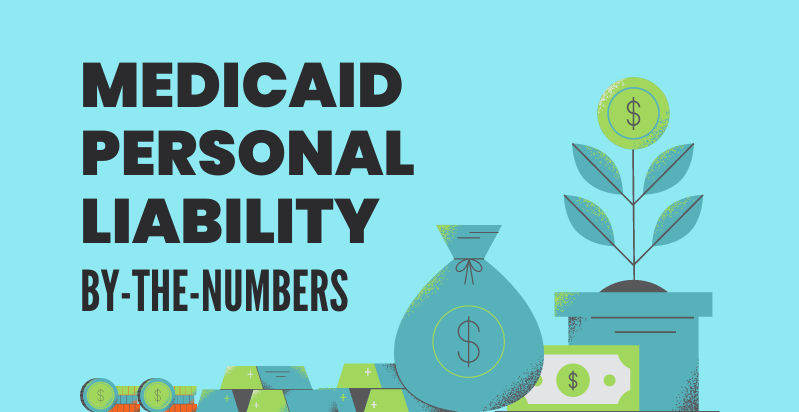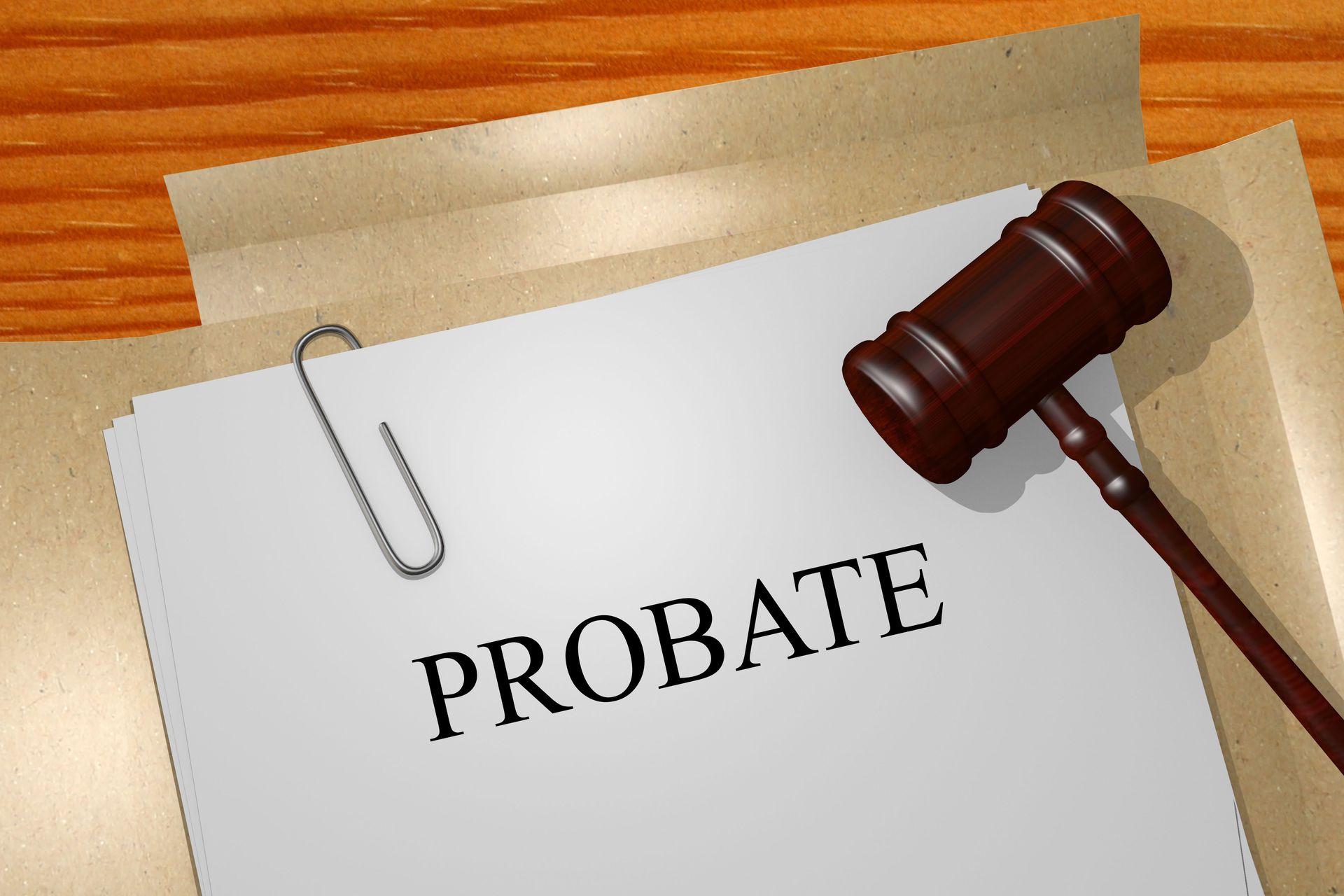When the IRS Speaks, Retirees Need to Listen
Workers aren’t the only ones who need to double-check that they’re withholding sufficient taxes. The IRS is warning retirees to ensure they’re paying enough federal income tax.
The IRS embarked on a big awareness campaign since the summer, telling taxpayers they should review and update their withholding numbers at work to ensure that they are paying enough federal income tax. But they’re not the only ones who should be checking their numbers, reports CNBC in the article “The IRS is warning retirees of this impending surprise tax.” Retirees who fail to update withholding from pensions or annuities may be in for a surprise, and it won’t be a good one.
It’s easier to say people should do this, than for them to do it, however.
Once people leave the workplace, they start drawing down income from several different sources. That usually means Social Security, IRAs, pensions and annuities.
While they were working, they didn’t have to think about income taxes, unless they were self-employed. Their payroll company or HR department took care of that.
Now, they must pay estimated taxes every quarter to the IRS.
There are two issues: making sure you remember to pay the tax on a timely basis and making sure that you pay the correct account. Some accounting firms send their clients reminders. However, that doesn’t always do the job.
How can you make this easier?
There are new withholding tables from the IRS. Speak with your accountant. Make sure you have enough money set aside for quarterly tax payments.
If you’re single and your AGI (Adjusted Gross Income) plus nontaxable interest and half of your Social Security benefits are more than $34,000 (or $44,000, if you’re married), as much as 85% of your Social Security benefits could be taxed. If that seems like a lot, you’re right.
One alternative: use the IRS Form W-4V to withhold a flat rate from each check. Depending on your situation, you can withhold 7%, 10%, 12% or 22%.
If pension or annuity payments are an income source, you can also have taxes withheld from your income, using IRS Form W-4P, and chose the number of allowances you want to claim.
Work with your accountant to get a clear picture of your tax liability and do that now. If you want to avoid a nasty tax surprise in the spring, get it all done well before the end of 2018. You must know what you will need to pay. Especially for new retirees, it’s not easy to figure it out.
Reference : CNBC (Sep. 12, 2018) “The IRS is warning retirees of this impending surprise tax”


Marietta, GA
Main Phone: (678) 250-9355
Woodstock, GA
2230 Towne Lake Pkwy
Building 1200, Suite 120
Woodstock, GA 30189
Main Phone: (678) 250-9355
BUSINESS HOURS
Monday to Friday
8:30am - 12:00pm
Closed for lunch
1:00pm - 4:30pm
Closed Saturday, Sunday
GET OUR NEWSLETTER
We believe that smart decisions begin with accurate information. Sign up for our monthly newsletter and get advice on how to secure your financial legacy.
Elder Care and Estate Planning Tips, Advice & Resources. Sign up now.
Get Our Newsletter Form
We will get back to you as soon as possible.
Please try again later.













